


Five years of the Treaty on the Prohibition of Nuclear Weapons.
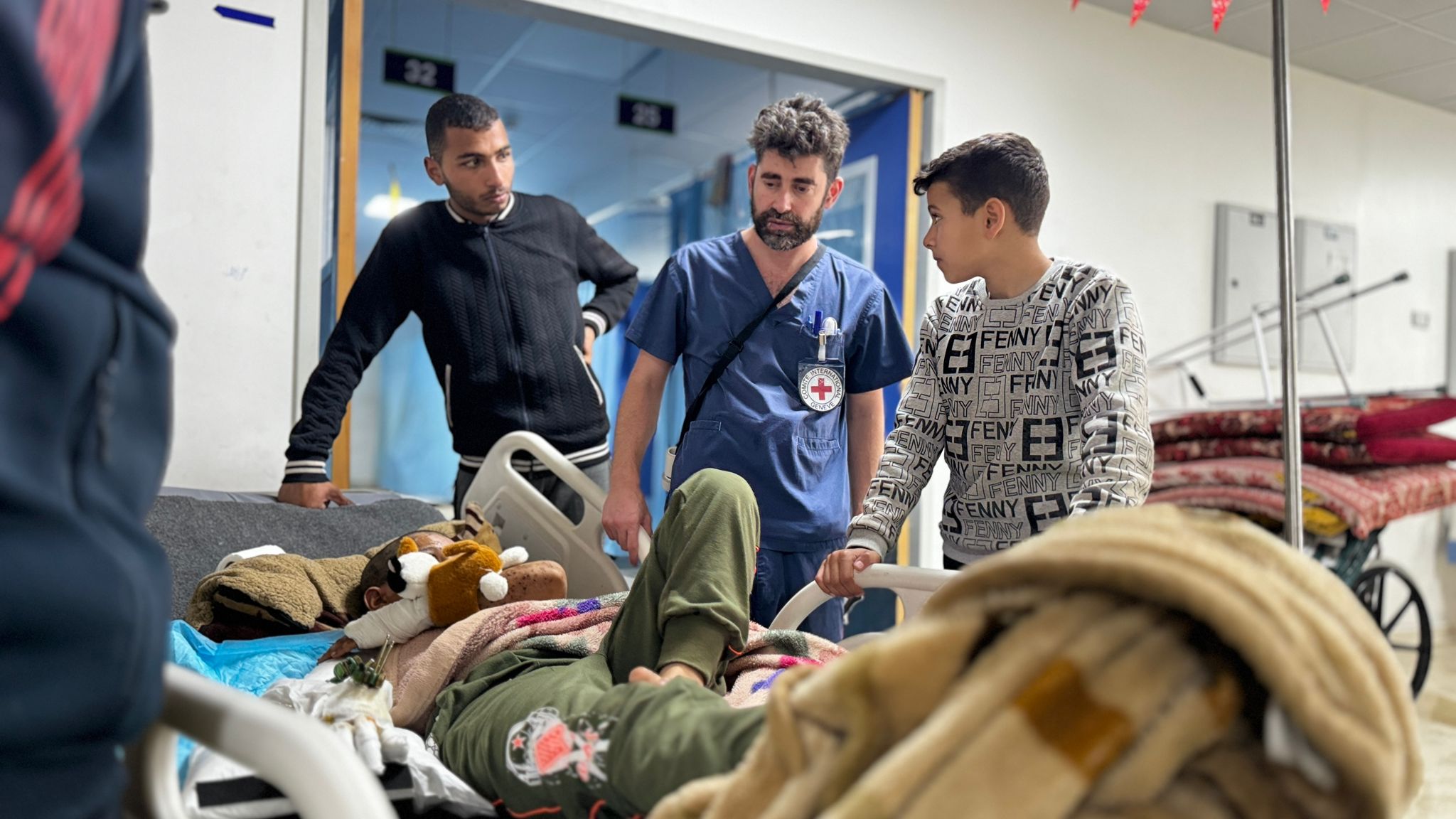
Humanitarian aid workers like Australian Red Cross delegate JP Miller rely on international humanitarian law for protection when deploying into conflict zones.

A legacy from WWI nurses to today's humanitarian workers.
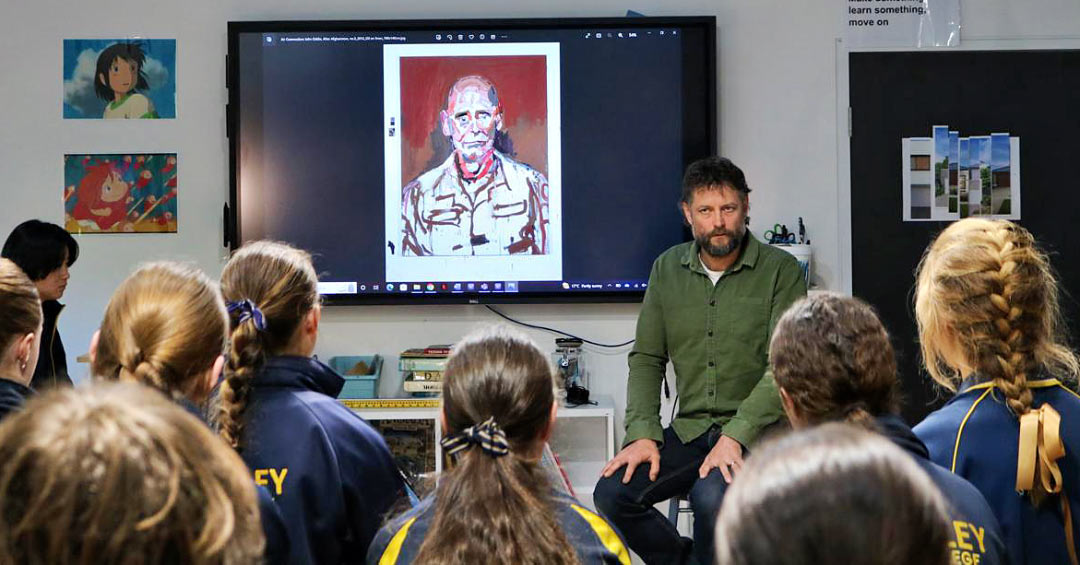
Art has the incredible potential to raise awareness of issues facing humanity.

On the 70th anniversary of the first nuclear weapon test on mainland Australia, we support the call for a nuclear weapons ban.

“It’s a privilege to be a part of a global network working towards the benefit of humanity.”
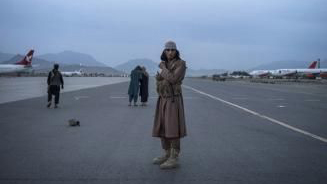
Here are some of our favourite reads of 2022, brought to you by the Australian Red Cross + Readings book club on the laws and impact of war.
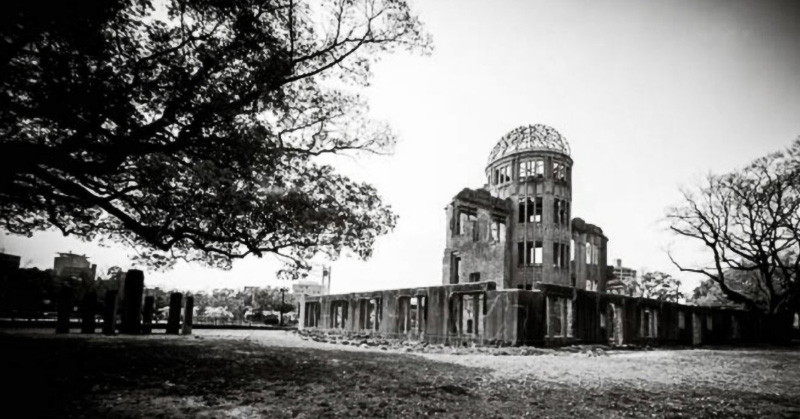
77 years on from the bombing of Hiroshima and Nagasaki.

Are the Ewoks civilians or combatants?
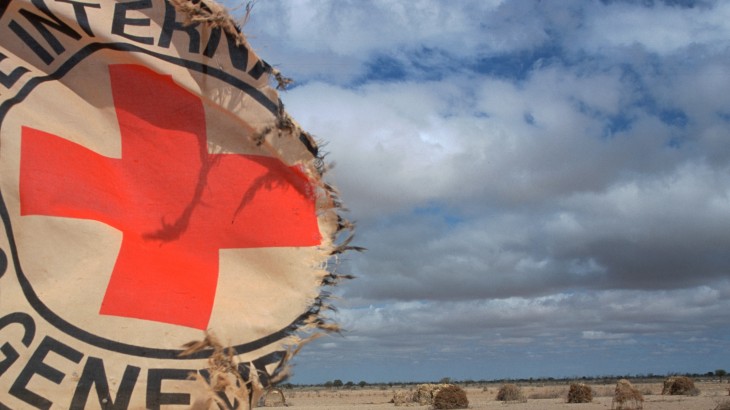
New laws would enable sanctions against serious violations of human rights and international humanitarian law.
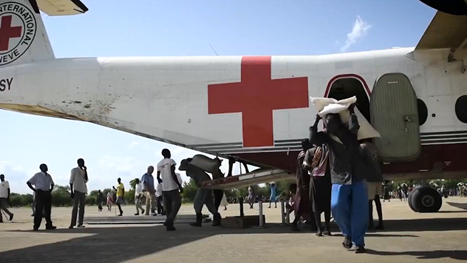
Criminal indictment of two Swedish business leaders for complicity in war crimes affirms the importance of the laws of war to companies.
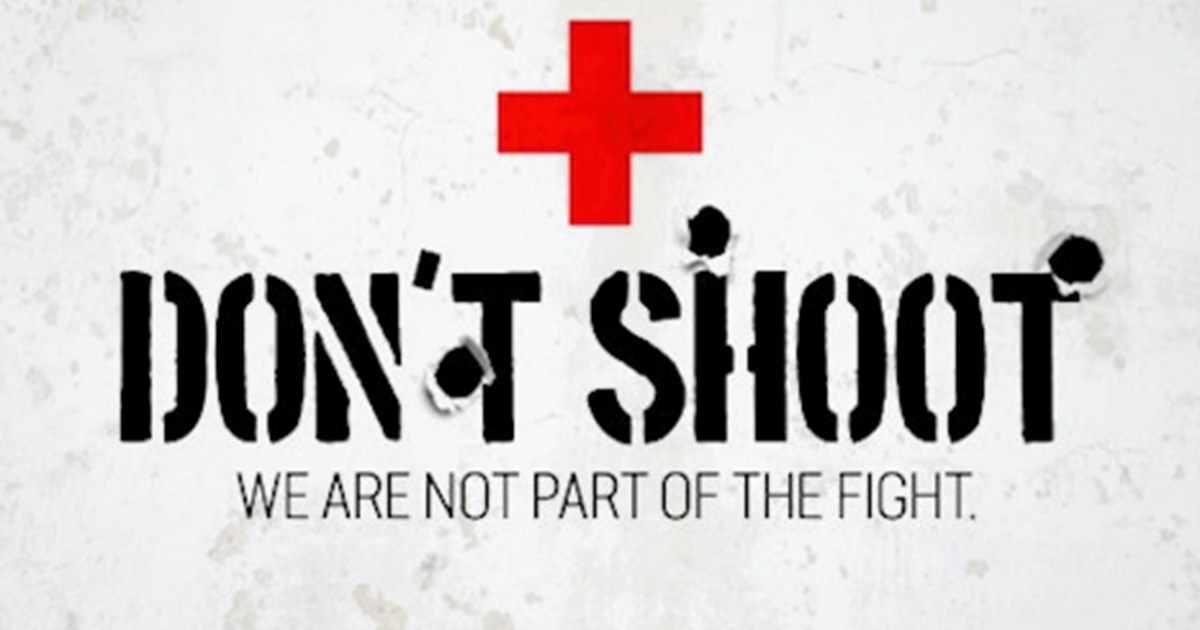
We honour our colleagues’ lives and we mourn the too-high price they paid in carrying out their work.
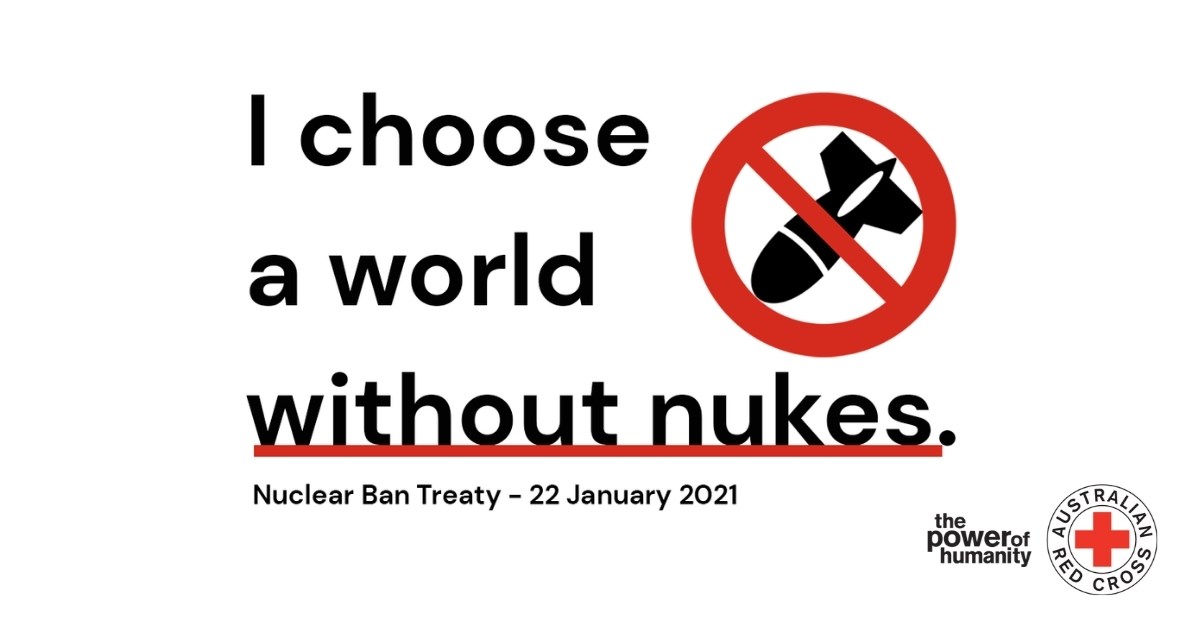
Join us to celebrate history in the making and the beginning of the end of nuclear weapons.
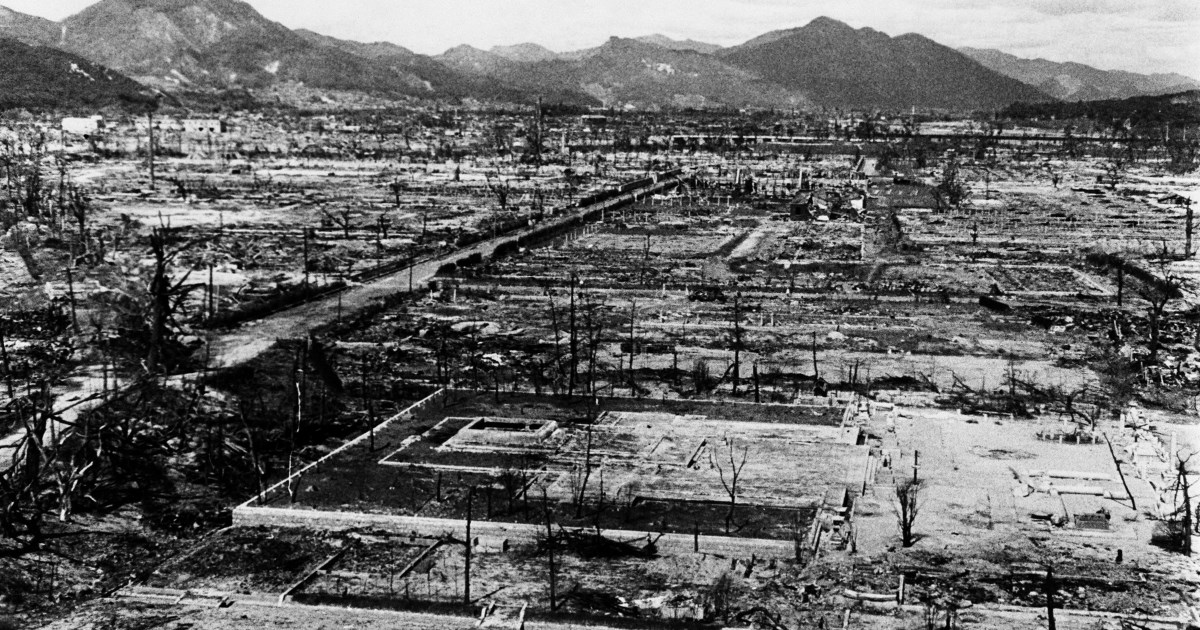
A new survey shows that nearly four out of five Australians want our country to sign on to a global treaty banning nuclear weapons for good.
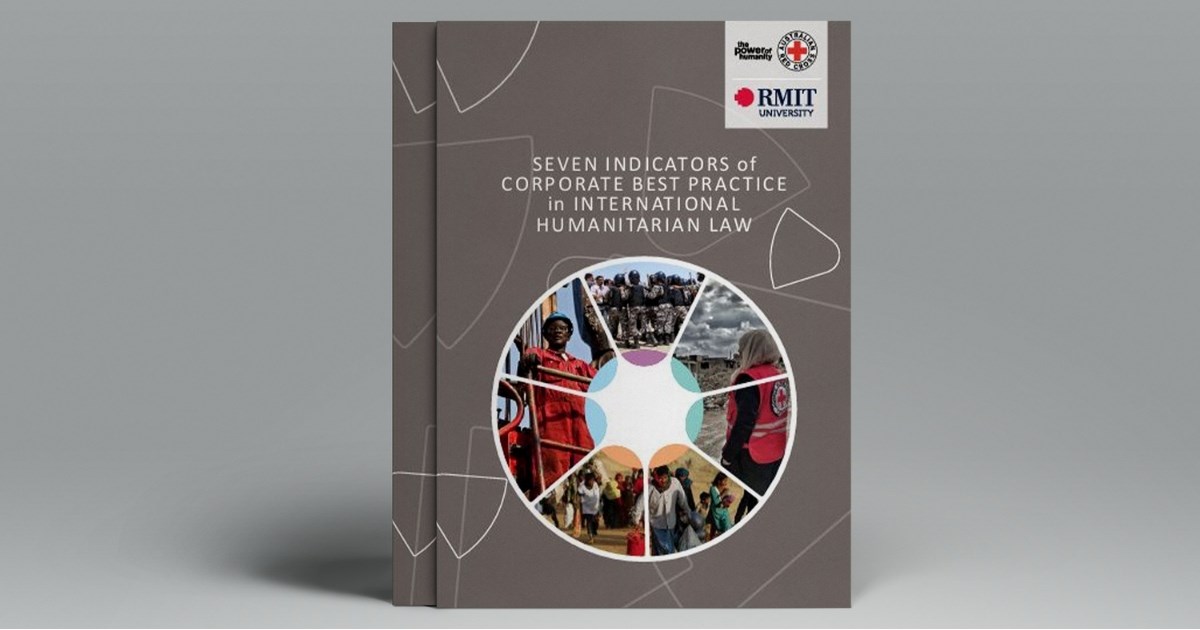
A new best-practice framework to help businesses operating in conflict-affected areas.
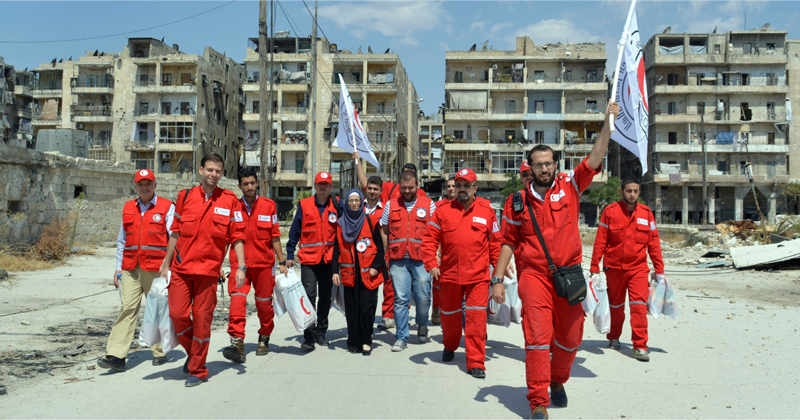
The laws of war are a delicate balance between humanity and military necessity, helping to preserve fundamental human values in the grim reality of war.
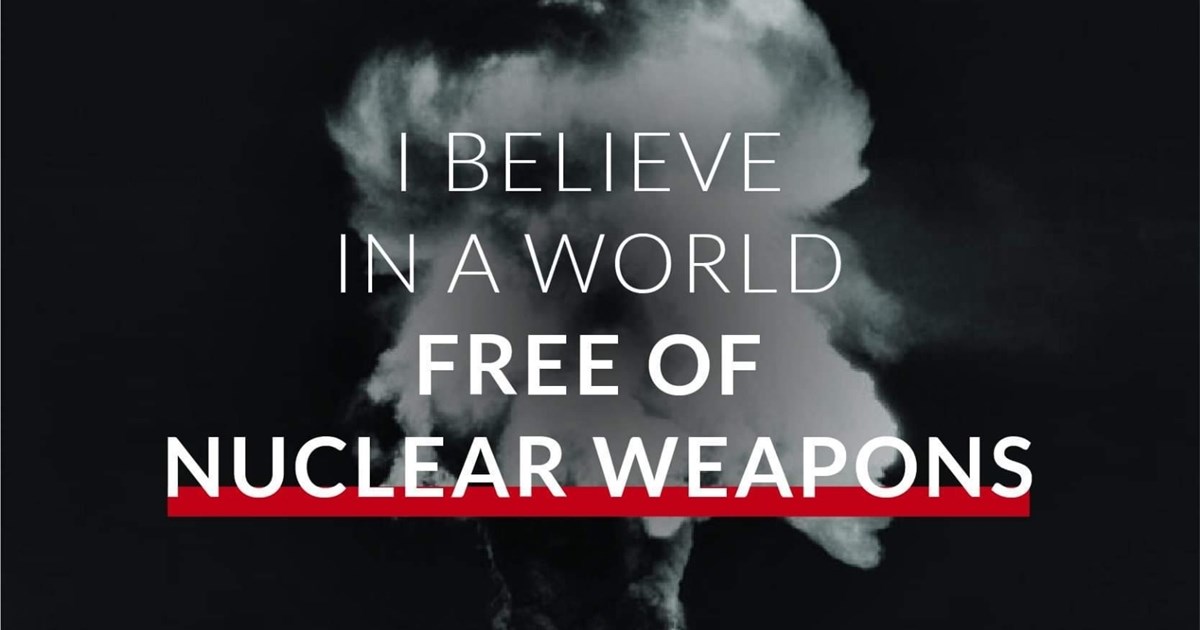
The ratification of the UN Treaty on the Prohibition of Nuclear Weapons by a 50th country is a historic day bringing us a step closer to a nuclear-weapons-free world.
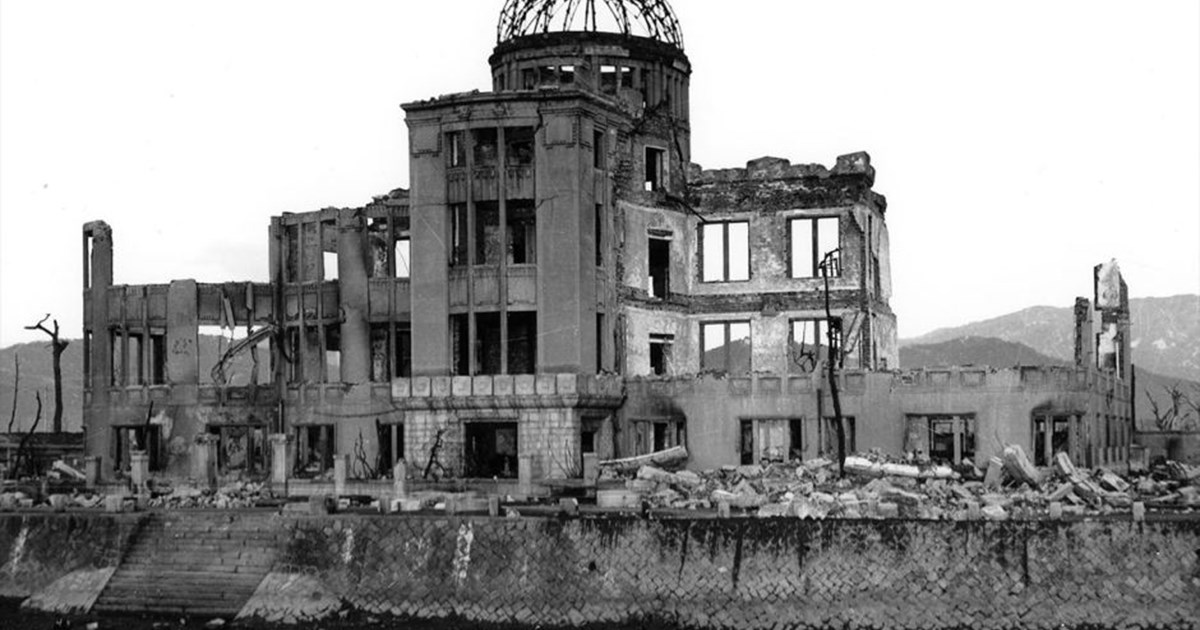
This month we have commemorated 75 years since the nuclear bombing of Hiroshima and Nagasaki, reflecting on the unfathomable devastation while repeating the familiar ‘never again’ mantra.
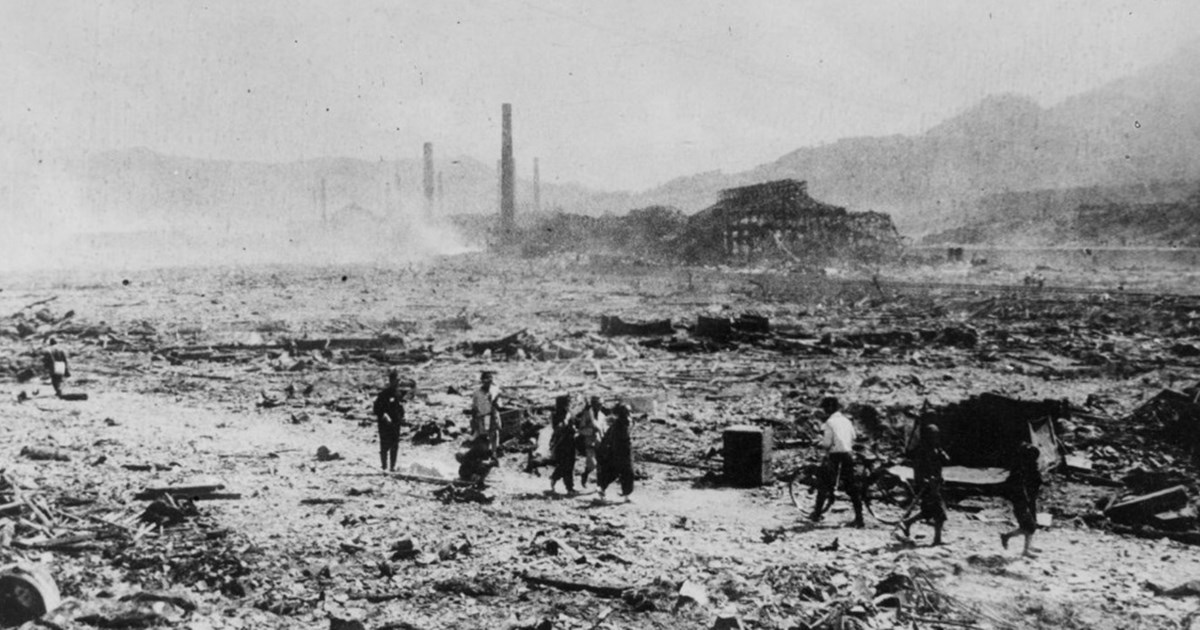
Seventy-five years after atomic bombs destroyed the cities of Hiroshima and Nagasaki, the International Red Cross Red Crescent Movement urges all nations to end the nuclear era.
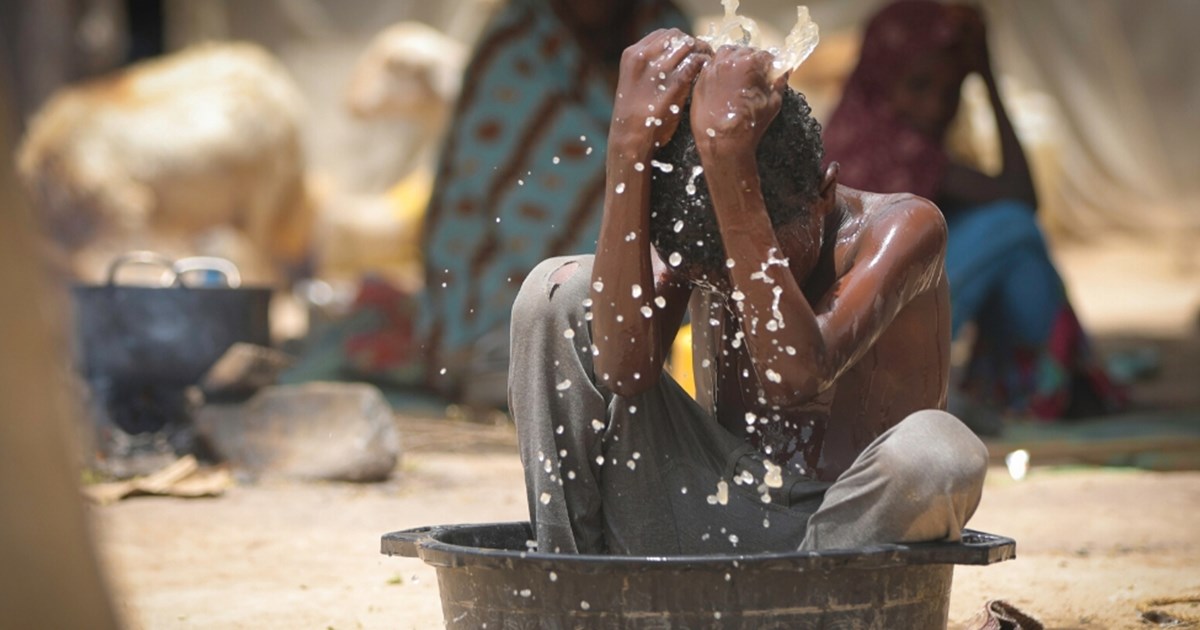
Almost half of all millennials think it’s more likely than not there will be a third world war in their lifetime, a new Red Cross survey finds.
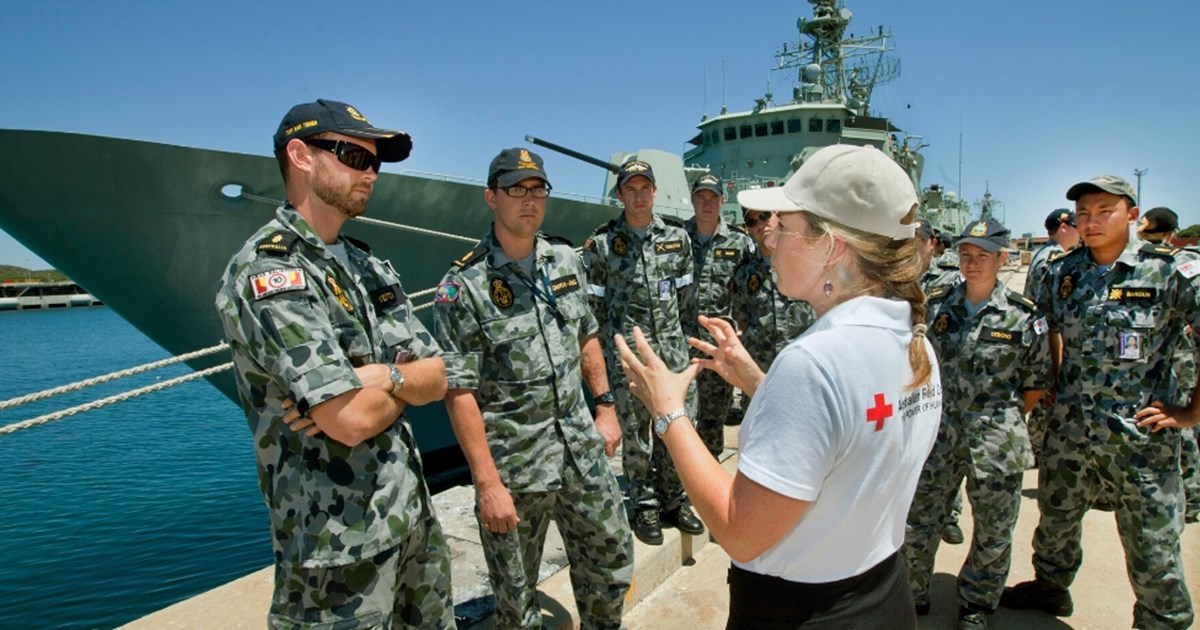
They are all great loves of the volunteers who chair our International Humanitarian Law (IHL) Advisory Committees.
Red Cross pays our respects to the Aboriginal and Torres Strait Islander custodians of the country where we work, and to Elders, past, present and emerging.
Learn about our Reconciliation Action Plan and how we can all make reconciliation real.
This website may contain the images, voices or names of people who have passed away.


© Australian Red Cross 2026. ABN 50 169 561 394
